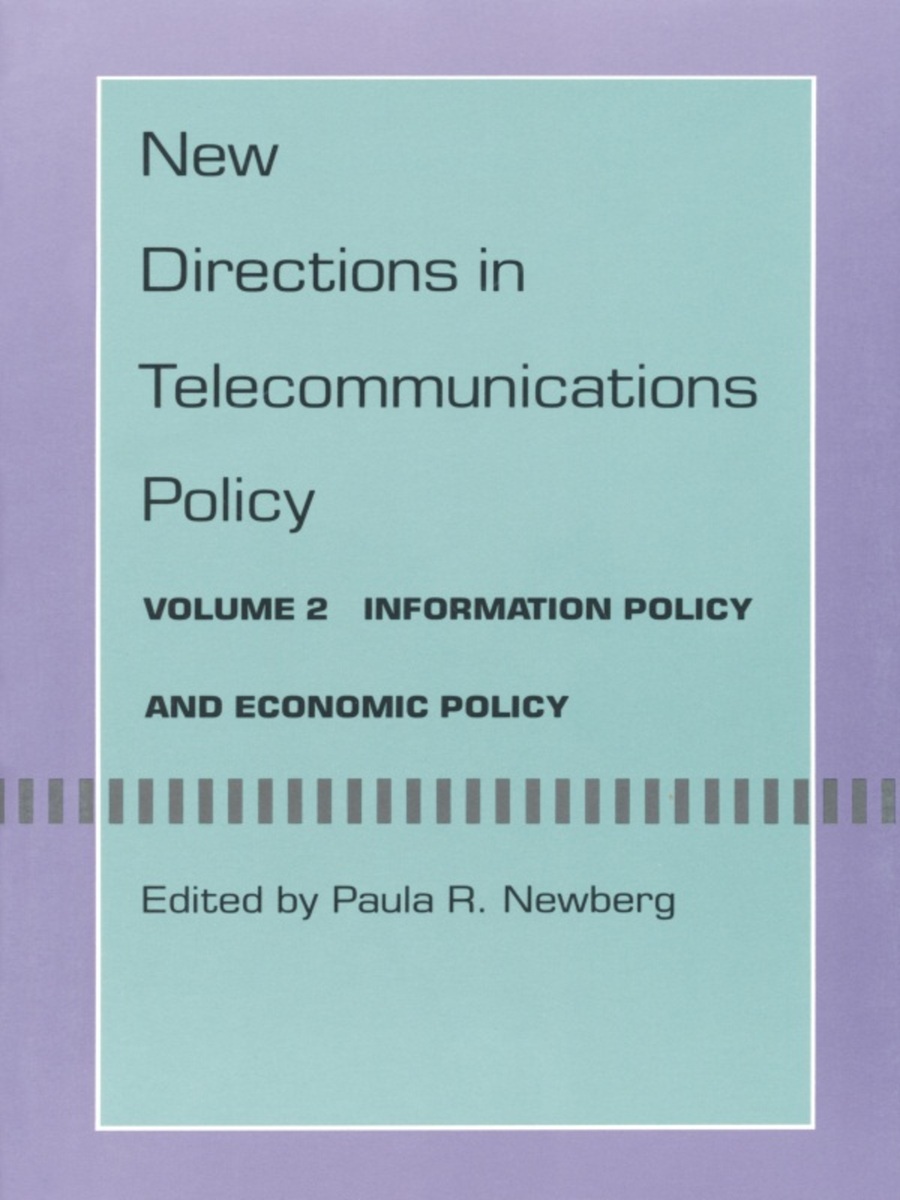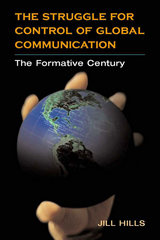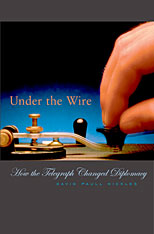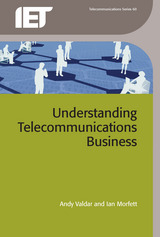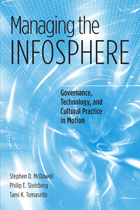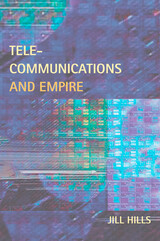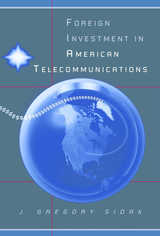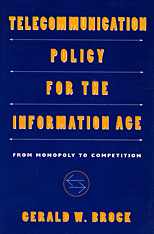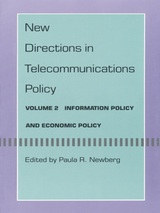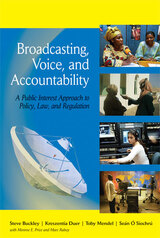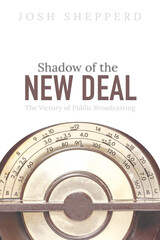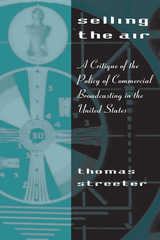New Directions in Telecommunications: Volume 2, Information Policy and Economic Policy
Duke University Press, 1989
Cloth: 978-0-8223-0923-9 | Paper: 978-0-8223-0948-2 | eISBN: 978-0-8223-9982-7 (standard)
Library of Congress Classification HE7781.N49 1989
Dewey Decimal Classification 384.068
Cloth: 978-0-8223-0923-9 | Paper: 978-0-8223-0948-2 | eISBN: 978-0-8223-9982-7 (standard)
Library of Congress Classification HE7781.N49 1989
Dewey Decimal Classification 384.068
ABOUT THIS BOOK | REQUEST ACCESSIBLE FILE
ABOUT THIS BOOK
Communications policy as been a fertile area for testing theories of regulation, subsidy and incentives, free speech, political participation, and the public interest. The capacities of new communications technology have changed markedly since much of the governing legislation in the communications field was written. Such a change is likely to continue and have considerable impact on specific communications sectors and in communications policy. This two volume set of analyses undertakes a review of telecommunications policy in transition—of actions taken and not taken, of goals pursued or ignored, of the adequacy of policy vehicles and their strengths and weaknesses. The authors evaluate three categories of policy problems: those of concept, scope, and judgment in communications policy; those specific to media industries and forces affecting them; and those concerning wider public policy concerns intersecting with communication.
See other books on: Economic | New Directions | Telecommunication policy | Telecommunications | Volume 2
See other titles from Duke University Press
